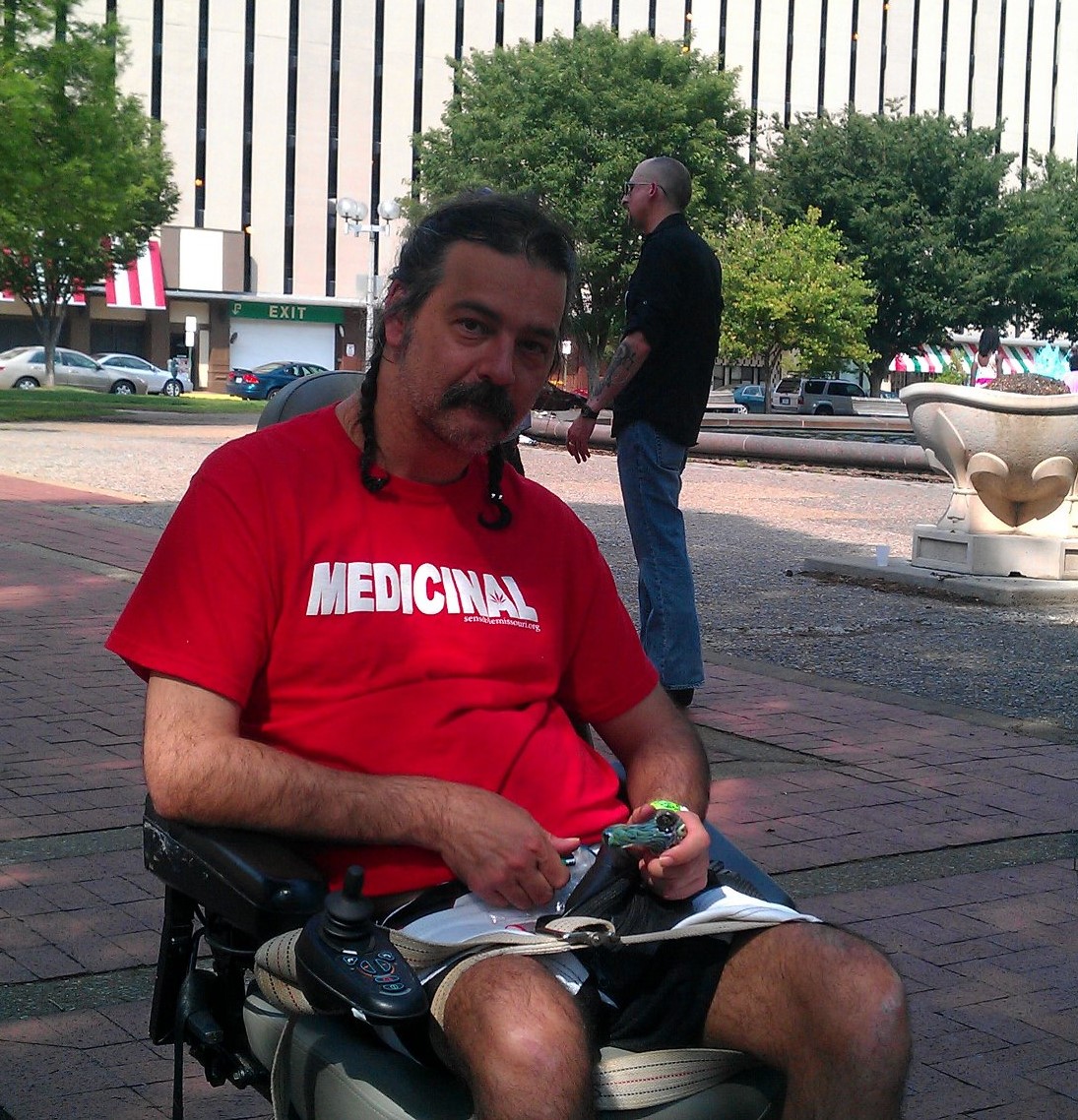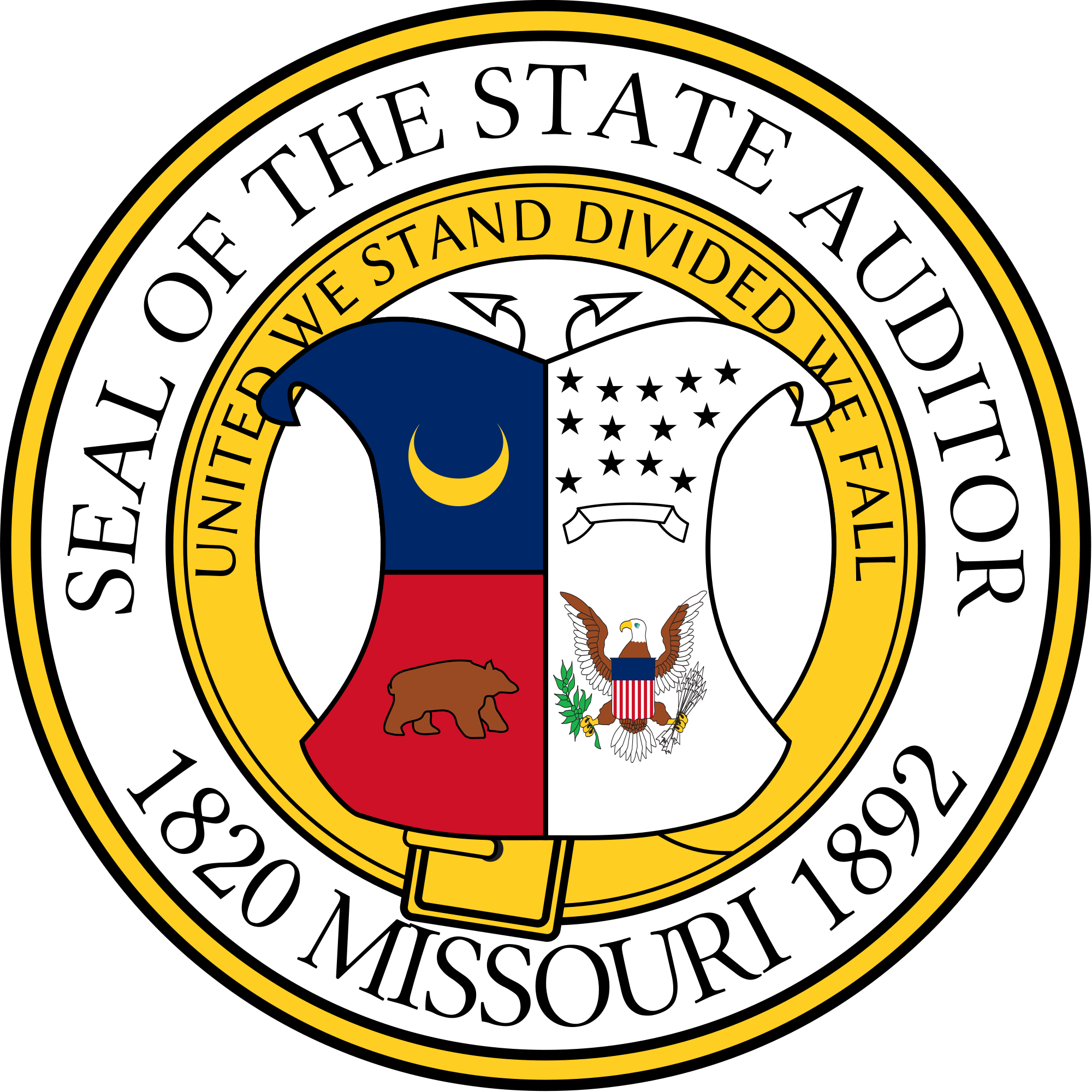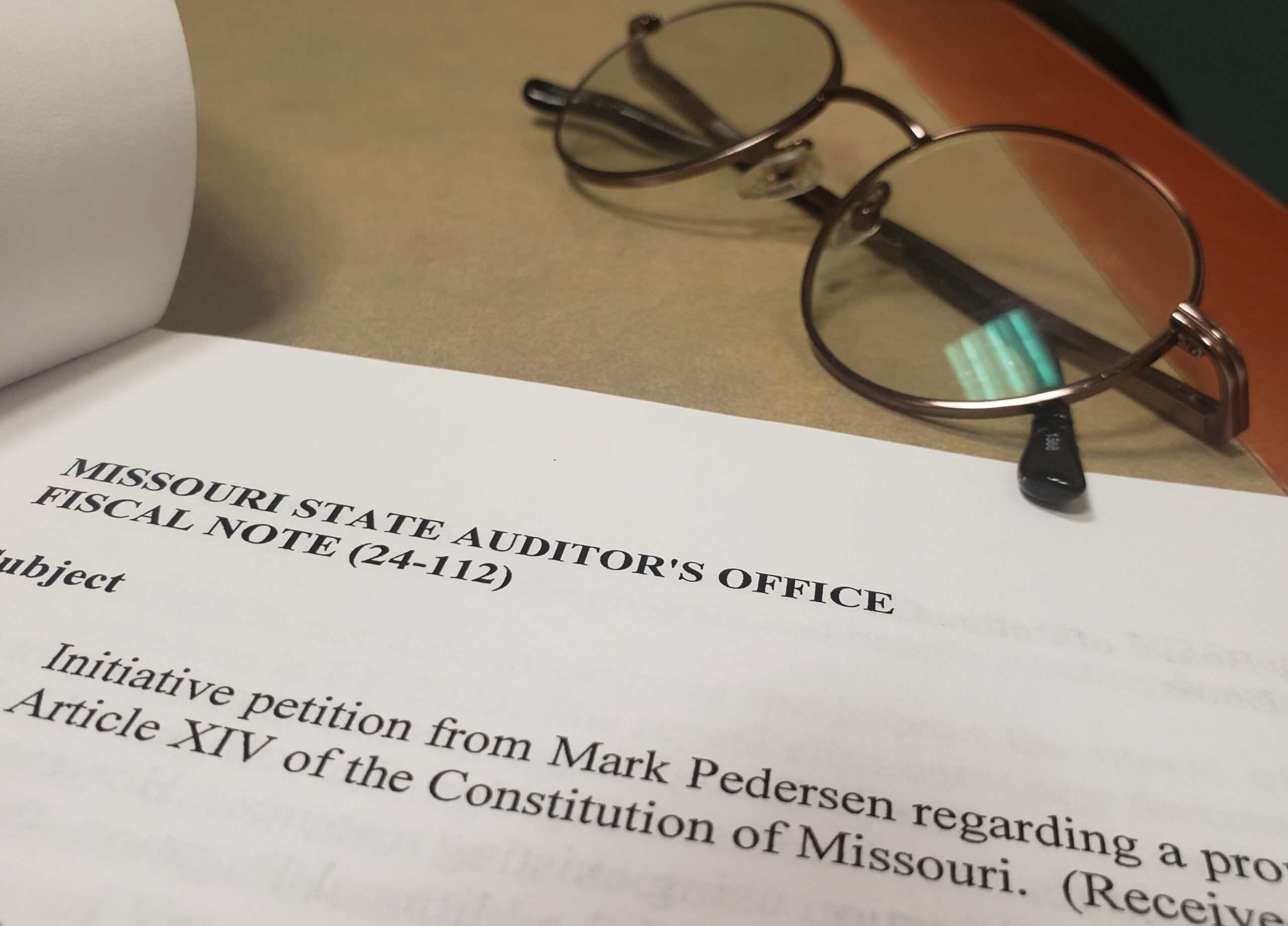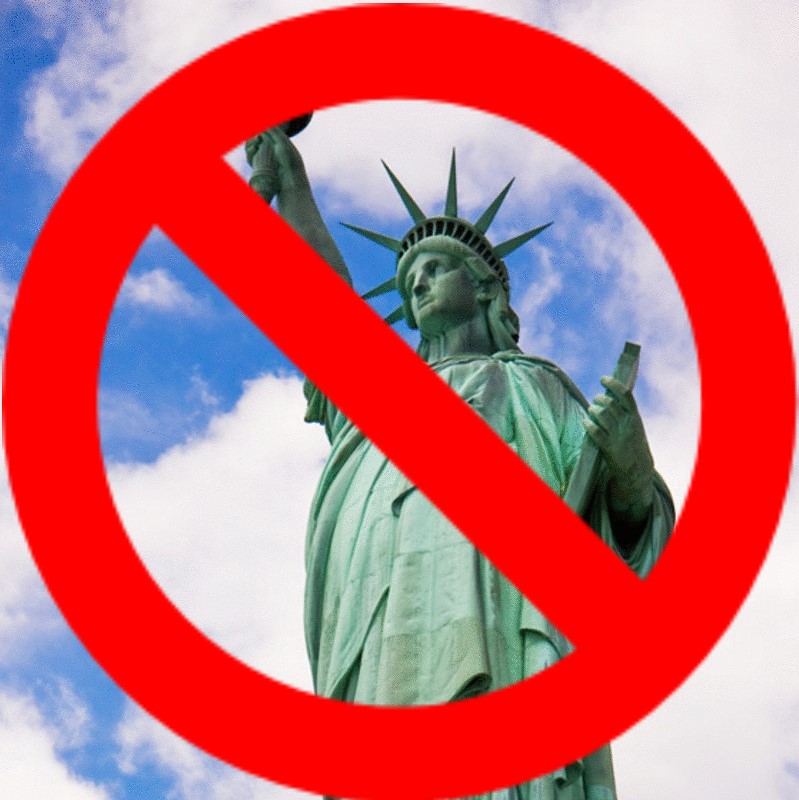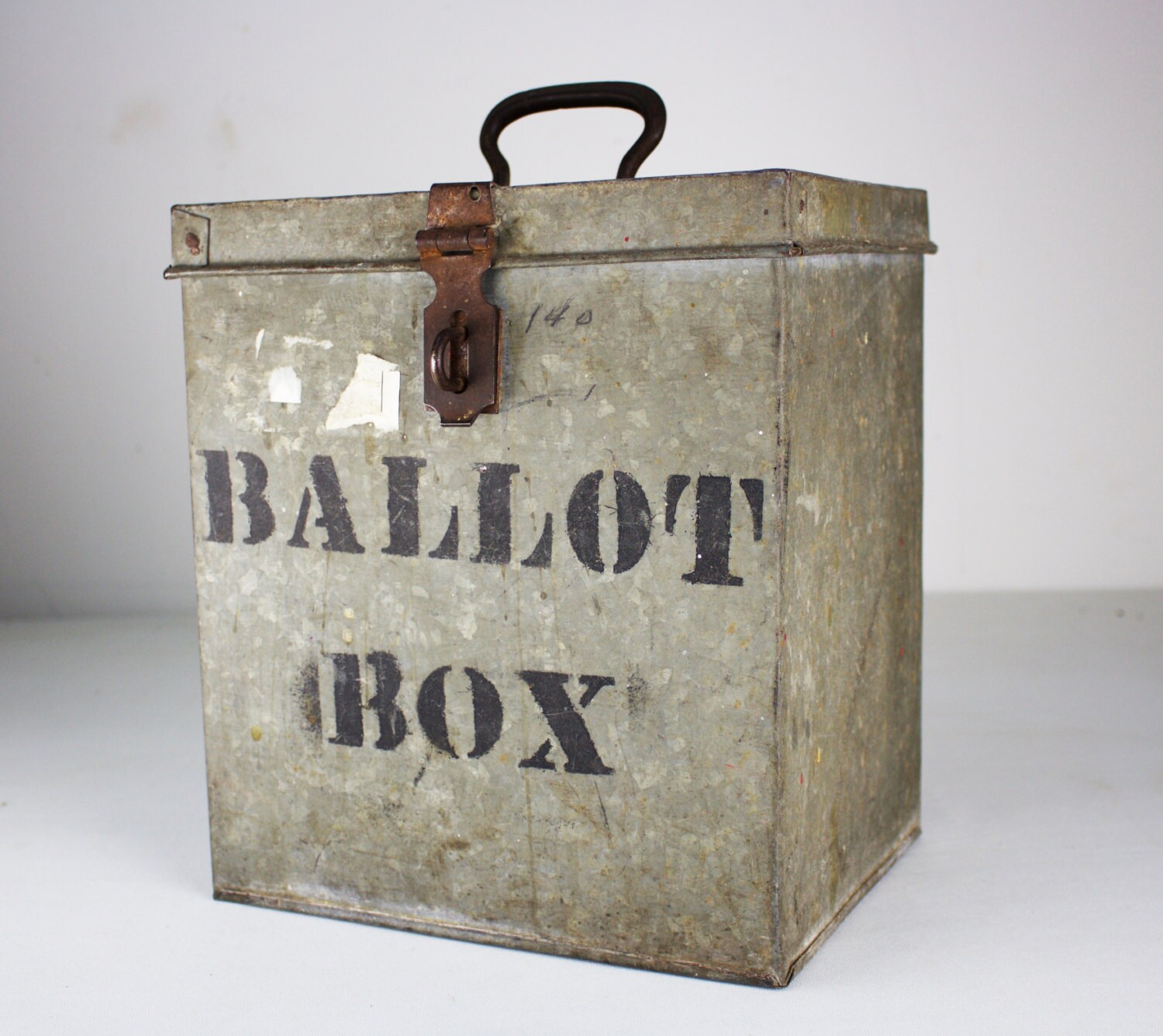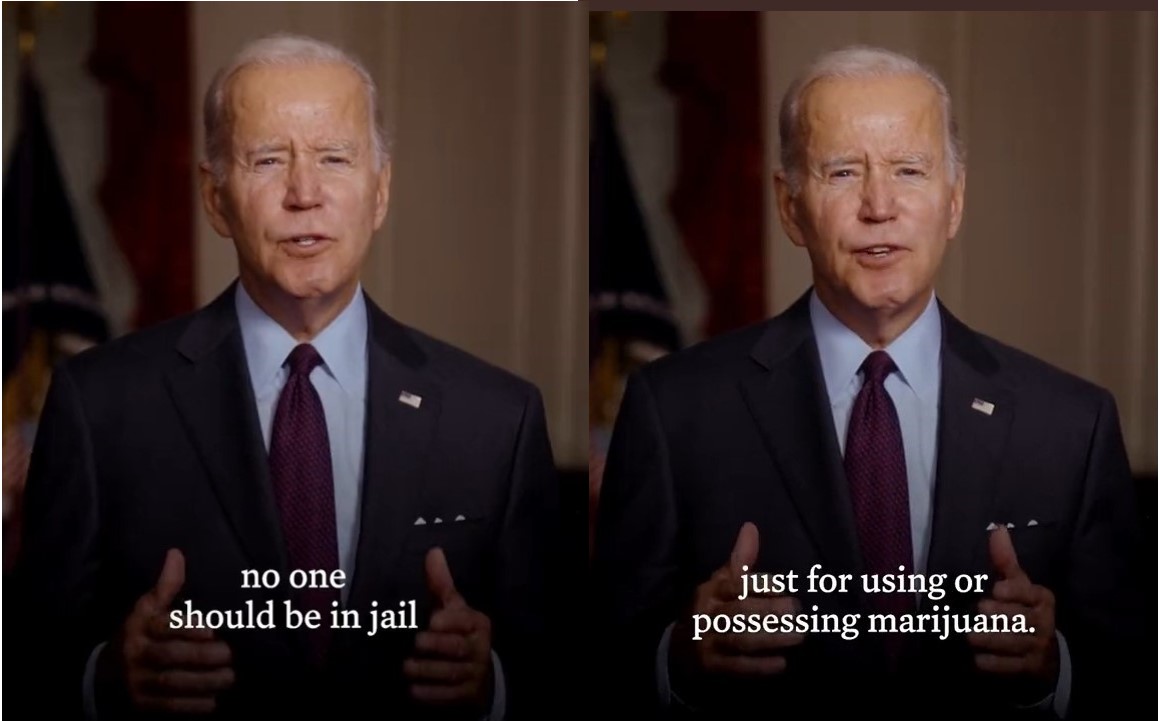Part of the approval process for Missouri state initiatives is the Missouri State Auditor’s statewide inquiry sent out to every county and most pertinent state agencies. The following summary is taken from my 2020 Cannabis Restoration attempt.
The following list was contacted regarding their input. Not all responded with a comment:
Attorney General’s office, the Department of Agriculture, the Department of Economic Development, the Department of Elementary and Secondary Education, the Department of Higher Education, the Department of Health and Senior Services, the Department of Insurance, Financial Institutions and Professional Registration, the Department of Mental Health, the Department of Natural Resources, the Department of Corrections, the Department of Labor and Industrial Relations, the Department of Revenue, the Department of Public Safety, the Department of Social Services, the Governor’s office, the Missouri House of Representatives, the Department of Conservation, the Department of Transportation, the Office of Administration, the Office of State Courts Administrator, the Missouri Senate, the Secretary of State’s office, the Office of the State Public Defender, the State Treasurer’s office, Adair County, Boone County, Callaway County, Cass County, Clay County, Cole County, Greene County, Jackson County, Jasper County, St. Charles County, St. Louis County, Taney County, the City of Cape Girardeau, the City of Columbia, the City of Jefferson, the City of Joplin, the City of Kansas City, the City of Kirksville, the City of Mexico, the City of Raymore, the City of St. Joseph, the City of St. Louise, the City of Springfield, the City of Union, the City of Wentzville, the City of West Plains, Cape Girardeau 63 School District, Hannibal 60 School District, Malta Bend R-V School District, Mehlville School District, Wellsville-Middletown R-1 School District, State Technical College of Missouri, Metropolitan Community College, University of Missouri, St. Louis Community College, University of Central Missouri, Harris-Stowe State University, Lincoln University, Missouri State University, Missouri Southern State University, Missouri Western State University, Northwest Missouri State University, Southeast Missouri State University , Truman State University, Missouri Office of Prosecution Services, the Kansas City Board of Police Commissioners, and the Metropolitan Police Department – City of St. Louis.
Office of Missouri State Auditor
“State governmental entities expect increased revenues of at least $10.7 million annually and savings of at least $6.8 million annually by 2027. Local governmental entities are expected to have revenue increases of at least $26.6 million annually by 2027 and are expected to have cost increases of an unknown amount.”
This is an extremely conservative estimate. I would predict (conservatively) $500 billion by 2030. Of course, my estimate takes into account the multitude of different industries that would benefit from unfettered access to Cannabis. What’s more, with less than 15% of Missouri’s population currently consuming Cannabis, the world will indeed be different, once consumption reaches 80%. With a truly legal market, that won’t be long.
I would also note that the amounts expressed by our State Auditor do not encompass an EXCISE TAX; the bait commonly used by “pot” profiteers to entice lawmaker’s support for their bills.
The Attorney General
The Attorney General’s office expects that enacting my initiative would “…lead to more litigation”. That’s a safe assumption. Most particularly since the
the Attorney General’s office would be mandated to protect Cannabis consumers once it’s truly legalized.
Department of Agriculture
No fiscal impact
Department of Economic Development
No impact,
Department of Elementary and Secondary Education
No impact.
Department of Higher Education
No impact.
Department of Health and Senior Services
“Cost savings would be $0 for first fiscal year, unknown to greater than or less than $3,365,858 for the year following, and unknown to greater than or less than $5,458,381 for the year after that.”
They state that my initiative would “…affect the Missouri Veteran’s Commission.
Since Missouri’s Cannabis consumers would no longer be forced to shoulder the expense of the “Veteran’s Health Fund, the state would be forced to find other, more appropriate sources for funding. That’s “greater than or less than $3,365,858”. I’m sure Missouri’s Veterans would vastly prefer the cost savings and end to police persecution they would experience under “Cannabis Restoration”. No doubt, the state would have much more revenue to fund projects like the Veteran’s program, and so much more.
They also state that my initiative “…could reduce small business opportunities”, but, without explanation as to how. Truth be known, without the many financial entanglements experienced by those in the current Cannabis industry, vast numbers of small business would be possible.
Missouri’s Auditor points out that Missouri will “…lose 50% of their take from applications, licensing and certification fees since it will no longer be legal to charge patients for their use or those who participate in Cannabis industry. The state would also lose revenue from the 4% sales tax on medical Cannabis since it would no longer be lawful to demand sales tax from medical patients. They estimated that “…an unknown amount greater than $6,062,400 would be lost to state coffers and back in the pockets of Missouri citizenry.
The Department of Insurance, Financial Institutions and Professional Registration “…indicated this petition, if passed, will have no cost or savings to their department.”
Of course, I beg to differ, since many of those who are consuming Cannabis will have diminishing need for pharmaceutical drugs.
The Department of Mental Health “…indicated this proposal creates no direct obligations or requirements to their department that would result in a fiscal impact.
The Department of Natural Resources “…indicated their department would not anticipate a direct fiscal impact from this proposal.”
The Department of Corrections “…indicated a fiscal impact of costs savings of $157,175 in Fiscal year 2021., $778,038 the following year, and $1,328,713 the year after that.”
I would like very much for our State Auditor to explain the logic in this paragraph:
“Passage of (Cannabis Restoration) is estimated to result in 30 fewer persons incarcerated and 383 fewer persons entering probationary supervision per year in their department. The full impact of this bill occurs in fiscal year 2026 with 90 fewer persons incarcerated and 1269 fewer persons on field supervision. This results in a reduction of 10 (Probation and Parole) P&P officers by FY2026. Their department cost of incarceration in $17.224 per day or an annual cost of $6,287 per offender. Their department cost of probation or parole is determined by the number of P&P Officer II positions that would be needed to cover the new caseload.”
The Department of Labor and Industrial Relations “…indicated this initiative petition does not appear to have a fiscal impact on their department.”
The Department of Public Safety – Office of Director “…indicated they see no fiscal impact due to this initiative petition.
The Department of Public Safety – Alcohol and Tobacco Control (ATC) Division and ATC officials indicated they see no fiscal impact.”
No doubt, law enforcement will suffer the greatest impact with “Cannabis Restoration”.
Department of Public Safety – Division of Missouri State Highway Patrol
“The Patrol’s Criminal Justice Information Services Division (CJIS) processes all requests for expungements for criminal history records, and the requests are processed by a CJIS Technician. This person reviews criminal history records, contacts agencies associated with the arrests or convictions, and collects all necessary data for court orders.
In their report, this “department” goes into an exhaustive explanation as to why they can only expunge 1,243 (of 95,550 per 2017) criminal history records and 3,728 (of 113,922) traffic arrests records per year since they only have one person in charge of expungements.
It amazes me how law enforcement is so keen on increasing their numbers for their own safety but so aloof when it comes to the rights of citizenry. One would think that they would want to do what is right by the law and be all about clearing the records of the innocent.
The Missouri Highway Patrol expects that it will take them two years to complete the expungement process. They would like to charge a $75 fee to cover individual criminal history background checks, reviewing criminal histories, as well as contacting various agencies associated with arrests.
If that were not disgusting enough, they go on,

“The Patrol would also need to replace all 10 of its canines. The Patrol’s canines are currently trained using Cannabis/Marijuana as one of the drugs to which they alert. If this initiative were to pass, each canine would have to be retired and replaced. The purchase and initial training for a canine is approximately $22,000. Since the Patrol contracts its canine training, the time to train all 10 canines could take up to 2 years.”
You know those “sobriety check points” that would appear seemingly randomly on our highways throughout the state? When patrolmen would parade their dogs around the cars, they weren’t looking for alcohol. Those dogs were their means to gain access to the cars of those that they suspected (via profiling) used Cannabis. You might also recall the many claims that dogs were trained to respond to cues (entrapment) from their master rather than scent when the officer suspects an easy bust.
To quote “Cannabis Restoration”,
“The use and/or possession of Cannabis shall not be grounds for issuing a “Driving under the influence” (DUI) stop, charge, arrest or fine(s) when operating or a passenger of a motor vehicle. Stops, charges, fines and arrests shall be the product of visible and/or previously proven non-Cannabis infractions of Missouri law.”
In other words,
Law enforcement should be about policing crime, not creating it.
Missouri law enforcement has been notorious for spouting half-truths to make their stance against Cannabis. They have been second only to our state’s lawmakers when it comes to the use of divisive “pseudo-facts” to defend their stance against Cannabis legalization, in direct opposition to known science.
In a perfect world, those who are sworn to protect us would do just that, and ONLY that. Unfortunately, that has not been the case throughout the history of law enforcement. Their defenders are always quick to redirect by claiming that abuses with the law are the work of “bad apples”, when, truth be known, offenses are almost always a result of “institutional bigotry“. Their motives are not driven by public safety but rather money.
Law enforcement profits to the tune of tens of billions of dollars each year in civil forfeiture. Cannabis is at the center of this windfall…the very key that grants them access to all we hold dear.
So, the Missouri Highway Patrol goes on to justify their stance against legalization by pointing out that,
- In 2009, Colorado traffic fatalities involving drivers testing positive for marijuana represented 9% of the total traffic fatalities. Recreational marijuana use was legalized in 2012. By 2016, that number more than doubled to 21%.
- Marijuana -related traffic deaths increased 66% in the four year average (2013-2016) since Colorado legalized recreational marijuana compared to the four-year average (2009-2-12) prior to legalization.
- Marijuana-related deaths when a driver tested positive for marijuana more than doubled from 55 deaths in 2013 to 125 deaths in 2016.
- The yearly number of marijuana related hospitalizations increased 72% after the legalization of marijuana, (2009-2012) vs. (2013-2016).
- Colorado youth past month marijuana use for 2014/2015 was 55% higher than the national average.”
Well, let’s see if I can answer this very poorly worded argument. First off, throughout most of the time in question, I was living in Colorado and quite active in reform. There was a very good reason why more of the people that the Colorado Highway Patrol stopped and that were involved in traffic accidents tested positive for Cannabis.
It’s simple math.
Many more people in the state were consuming Cannabis, because it was finally legal to do so. The fact that Cannabis metabolites remain in the bloodstream for days even weeks after consumption… well, the Highway Patrol know this well-known fact as well. Rather than being honest, they would rather be distrustful to make their point. So, everything they have said is skewed.
One thing that has been glaring has been the way law enforcement across the nation has unified in their opposition to the will of the people. It’s as if they, through their own might can deny our wishes and continue in their draconian practices, as well as their financial drain on the American people.
“The Patrol recommends ‘any equipment, products, or materials of any kind that are used, intended for use, or designed for use’ be removed. Reading this definition this could include combustible solvents that are commonly used to manipulate or extract cannabinoids from the cannabis plant. Solvents, such aa butane, are unstable and commonly combust when not used properly or for their intended use.”
This is wrong in so many ways. First and foremost, it insults Missourians by implying that they are incapable of learning what is safe. Secondly it implies that all solvents are used improperly or not “…for their intended use”. The creation of Cannabis concentrate is vital to the treatment of very serious chronic and terminal illness. Being able to produce Cannabis oil at home frees the Cannabis patient and his or her caregiver from unnecessary expense and labor.
Let me remind us all once again that,
Cannabis is NONTOXIC.
Implying anything else doesn’t change that fact.
Employment and Firearms
The “Patrol” takes exception to my line, “No one shall be denied employment solely based on their use of Cannabis”. Every bit as important, they take issue with my line that states, “The use and/or possession of Cannabis shall in no way impede one’s legal right to possess a firearm”.
The “Patrol recommends that these lines be completely removed from the proposal.”
Why would the Missouri Highway Patrol have issue with these lines in “Cannabis Restoration”? Well, it’s pretty simple. This is REAL LEGALIZATION – Not “adult use” or “recreational”. REAL legalization.
Imagine in your mind LETTUCE or SPINACH.
Why would the production and consumption of a NONTOXIC substance be grounds for denying a Missouri citizen his right to bear arms? The more you read, the more I think you’ll agree, Missouri’s law enforcement needs to be more about
protecting our state’s citizenry and less about manipulating state policy for profit.
Finally, the Missouri Highway Patrol takes issue with removal of Cannabis from the state’s Controlled Substance List. The fact that Cannabis is NONTOXIC and hugely medicinal, well, that apparently doesn’t matter. The “…Patrol has officers assigned to federal task forces that may be involved in a federal drug operation”.
I guess they chose to ignore these “Cannabis Restoration” lines,
6(b) No Missouri law enforcement personnel or state funds shall be used to assist or aid in the enforcement of federal Cannabis laws involving acts which are no longer illegal in the State of Missouri under this amendment.
(c) Asset or Civil Forfeiture shall no longer be used in the state of Missouri through association with Cannabis, Cannabis cultivation, it’s use and/or possession, in any way.
Or
Pursuant to the Ninth and Tenth Amendments to the Constitution of the United States, the people of Missouri hereby repudiate and challenge federal Cannabis prohibitions that conflict with this Act.
The Department of Social Services anticipates no fiscal impact.
The Governor’s Office indicated no added costs or savings to their office.
The House of Representatives found no fiscal impact by implementing “Cannabis Restoration”. It
The Department of Conservation found no adverse fiscal impact to their department was expected as a result of my proposal.
The Department of Transportation believes “Cannabis Restoration” WOULD have a negative impact on MoDOT and THE MSHP/MoDOT Medical Plan.
The “Department’s spokesperson seemed particularly perplexed with the line,
“No one shall be denied employment solely based on their use of Cannabis.”
Their concern is that this will, “…permit employees to work while under the influence of marijuana and would not allow an employer to terminate employment if the employee is under the influence of marijuana at work.”
I find it frustratingly comical that they derived all of that from “solely based on their use of Cannabis”. How does that simple line strip an employer of ALL rights? It’s as if they think an employer is incapable of determining whether or not their employee is doing the work properly and/or safely by observing?
Personally, I think the “Department of Transportation needs to reevaluate the employee who drafted their rather divisive report. It’s apparent that he or she cannot separate their opinions regarding Cannabis from that of common sense and science.
According to them,
“This presents significant safety and productivity concerns for MoDOT. MoDOT must comply with the Federal DOT regulations for safety-sensitive employees which requires employees to be removed from their safety-sensitive duties if they test positive for marijuana on a drug test…”
It’s apparent that the Department of Transportation doesn’t fully grasp how “Cannabis Restoration” fundamentally changes all things to do with Cannabis. No longer do draconian opinions take precedence over science.
Shouldn’t an employee’s work ethic be judged by what the employee actually does; the quality and depth of their labor?
Regarding Federal DOT regulations, again, I would remind MoDOT that the “Cannabis Restoration” states quite plainly,
“Pursuant to the Ninth and Tenth Amendments to the Constitution of the United States, the people of Missouri hereby repudiate and challenge federal Cannabis prohibitions that conflict with this Act.”
The Department of Transportation goes on to point out that, according to “Cannabis Restoration”,
“ ’…all patients engaged in Cannabis therapy shall be afforded the same rights and privileges afforded to any patient treated through conventional therapeutic means, whether or not under the care of a physician.”
Therefore, they fear there may arise an argument that the MSHP/MoDOT medical plan may at some point be obligated to cover medical marijuana use. “This would have a negative fiscal impact on the MSHP/MoDOT Medical Plan.” They state.
Well, there you have it. The reason Cannabis must stay illegal. We most certainly don’t want future employees bargaining for Cannabis coverage, something that could very well keep people working rather than falling victim to the downhill spiral of pharmaceutical addiction.
“Cognitive dissidence” is a tough one. When people have been ingrained with lies and bigotry their whole life, it’s difficult to suddenly acknowledge the truth.
The Office of Administration takes issue with,
“…medical Cannabis shall be available to patients without taxation as long as a patient has a physician’s recommendation.”
They state, “B&P notes that it is unclear if the term ‘recommendation’ refers to a medical prescription or simply a suggestion.”
This overall report canvasses not only counties and agencies within Missouri but also state governments that have an active medical Cannabis program. They know full well that every state that has a medical Cannabis program observes “physician recommendations”. Why would the Office of Administration’s “Budget & Planning” not understand this so frequently used phrase?
After reading further, the real reason for their confusion appears to be over the loss of excise tax revenues. In fact, they bring it up more than once.
The Office of State Courts Administrator had difficulty determining exactly the cost savings to their office. Consequently, “The decrease in the court fees, depending on the number of cases, will result in an unknown loss to the courts. They also assume there will be an unknown decrease in caseload for the courts because the courts will no longer process these cases; however, at this time they are unable to calculate the decrease.”
For most of us outside the courtroom it might be difficult to think of our courts as money-making ventures, but I assure you, they most certainly are. We, as citizens of Missouri and these United States are merely fodder to sustain the salaries of the politically motivated.
“Officials from the Missouri Senate indicated they anticipate no fiscal impact.”
The Secretary of State’s office states that the last referendum cost the state an estimated “$65,000 per page for the costs of publications”. Honestly, I don’t know how to respond to that.
The Office of the State Public Defender “…indicated that if passed, this constitutional amendment would have a positive impact on the workload of the Missouri State Public Defender, since possession, manufacture, distribution, etc. of Cannabis would no longer be unlawful, offenses that the Public Defender currently uses resources to defend and no longer would need to.”
They estimate that,
“…this would reduce their caseload by 4,046 cases (149 A/B felonies, 2,911 C/D felonies, and 986 probation violations)”.
This would amount to eliminating the work of 43 attorneys!
However, since the Office of the State Public Defender is already terribly understaffed, to the tune of 289 attorneys, the savings would no be seen monetarily, but rather through more citizens being represented in other cases.
“Officials from the State Treasurer’s office indicated no fiscal impact to their office.
Greene County’s County Prosecutor, Dan Patterson indicated that there are anticipated costs for Greene County and included a letter from the Denver, Colorado District Attorney, Mitchell R. Morrissey as their evidence of this assumption.
In his October 2016 letter, the then Denver District Attorney states,
“Since the legalization of recreational marijuana in Colorado in 2013 traffic related marijuana deaths have increased 48%., marijuana related emergency room visits have increased 49%, and marijuana related calls to the poison center have increased 100%.”
You know, it never ceases to amaze me how those who are expected to be above the law will, with apparent no remorse, twist the truth beyond recognition to make a point, or perhaps better said, to preserve a lie. Something Mr. Patterson fails to concede is the fact that EVERY traffic accident, when ANYONE involved – driver, passenger or observer – tests positive for Cannabis, the accident becomes a MARIJUANA ACCIDENT.
Further, if anyone dies, well, we know who and what will shoulder the blame. Since a police officer or patrolperson makes out the report, we can be assured exactly how it will be tainted.
What the Prosecutor apparently does not want you to realize is that Cannabis has been legal in Colorado for medicinal purposes since 2009. In 2016 when this letter was written, Colorado was no stranger to Cannabis. When recreational came online in 2013, the floodgates were open.
Knowing that Colorado’s percentage of Cannabis users had been skyrocketing for a number of years prior and the fact that THC levels can remain in one’s bloodstream for days, even weeks after consumption, there is little doubt why a large percentage of Coloradoans who might be randomly tested for THC might return a positive result.
As national headlines have almost daily shown, scandal and corruption are rampant within law enforcement. I personally witnessed while in Colorado how police authorities across the state banded together to manipulate state law, destroying Cannabis caregiving.
As a well-known Denver attorney showed me, there were more arrests and fines in Colorado during that time than before Cannabis was made legal.
“Officials from the City of Kansas City indicated this initiative petition may have a fiscal impact on their city, because it makes
medical Cannabis available without taxation…”
Yeah, it’s a hard hit to be forced to allow the chronically and terminally ill affordable access to Cannabis.
You know, ever since Amendment 2 passed here in Missouri, all the talk has been about industry. So very little discussion has been about the actual people for whom the law was SUPPOSED to have been written.
Fiscal Summary
In their Fiscal Summary, it was stated,
“State governmental entities expect increased revenues of at least $10.7 million annually and savings of at least $6.8 million annually by 2027. Local governmental entities are expected to have revenue increases of at least $26.6 million annually by 2027 and are expected to have cost increases of an unknown amount.”
To sum it all up, the State of Missouri realizes that truly legalizing Cannabis would have a positive impact on the state, across the board. It also demonstrates how those in authority are so very out of touch with the truths about Cannabis and have so little faith in their constituents.
“Cannabis is NONTOXIC. Cannabis is food. Cannabis is the single most important medicine of the 21st century.
…




